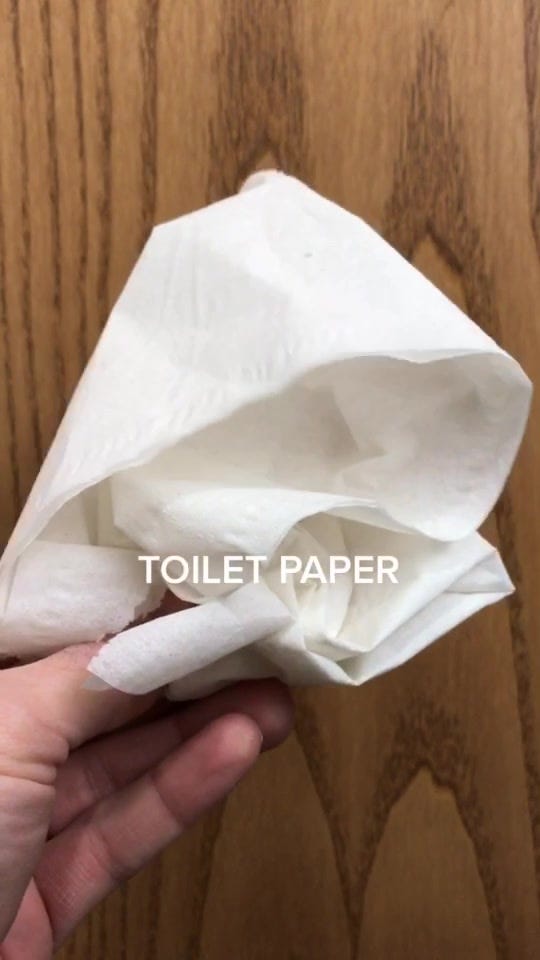the flow / 11.14.2022
Today's top 5: Things you are probably flushing that you need to stop right now

Old habits die hard. And when it comes to bodily functions, we’re all creatures of habit. What we flush, when we flush, it can be tough to make changes until a problem forces you to. We hope with today’s top 5 list you can see that some habits are worth breaking—in order to prevent your plumbing from doing the same.
1️⃣ Hairballs
Cleaning your hairbrush at home is important. But it’s not uncommon for people to pull a wad of hair out of the bristles and flick it into the toilet. Do not do this. Drop it in the trash where it belongs.
2️⃣ Floss
Mini plastic floss sticks are a rising market, but while convenient, they are not very environmentally friendly. Traditional floss may also have hygienic benefits, but used floss is another unflushable item. Like hairballs, the strands do not break down and simply travel in pipes ready to catch on and contribute to any unseen blockages along the way.
3️⃣ Wipes
If you’re a Twitter follower of ours, you know wipes are a source of much varied content from messages to memes.
Don’t flush wipes. Baby wipes, disinfecting wipes, and facial wipes are definite no-nos, but even those labeled as flushable should be discarded in the trash and not the toilet. The claims of flushability vary, and their ability to break down may be arguable, but compared to TP, the content and production are very different and they simply don’t break down like TP.
 Tiktok failed to load.
Tiktok failed to load.Enable 3rd party cookies or use another browser
4️⃣ Cotton balls and swabs
If you use cotton balls to clean, you know getting them wet doesn’t break them down. It simply wads them up. Flushing them just contributes unnecessary solids to your plumbing. And cotton swabs with their plastic or cardboard sticks are also bad on plumbing. It’s odd that we have to actually say, “Don’t flush them,” but it’s true.
5️⃣ Medications
For many years, physicians instructed patients to flush old or unused meds to keep them out of the hands of kids. For safety reasons, it seemed to make sense, but we have learned how pharmaceuticals in the waste stream are detrimental to the environment. Wastewater treatment plants are not equipped to address compounds found in many medications which means they can accumulate in waterbodies.
You can find a safe and secure drop-box location near you where it’s convenient. Don’t flush your meds.
But wait—there’s more.
These top 5 are just some of the items included on our complete recommended “Do not flush” list. It’s worth a quick look.





